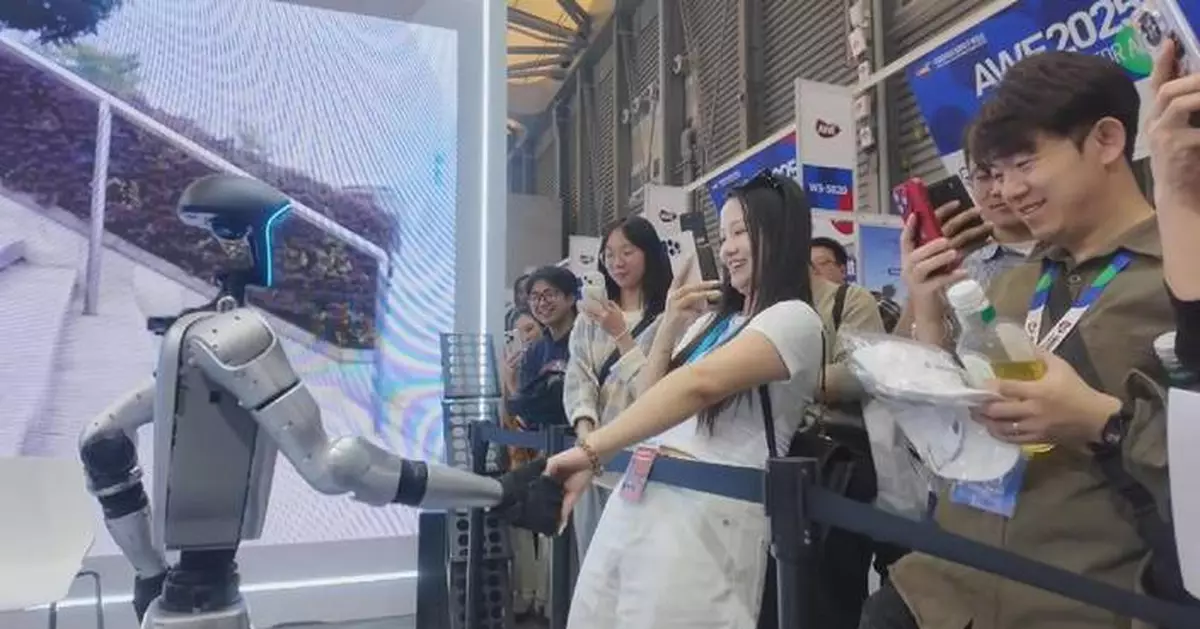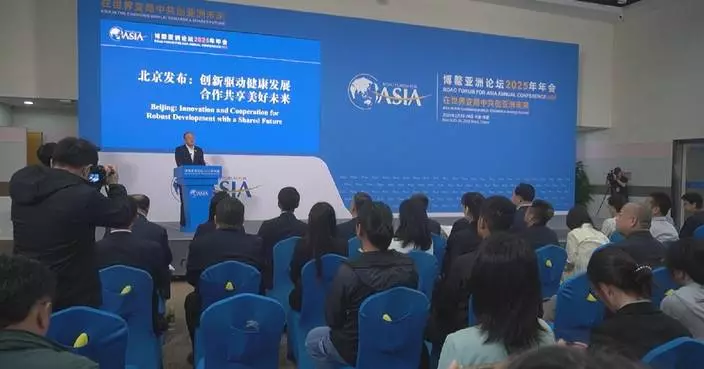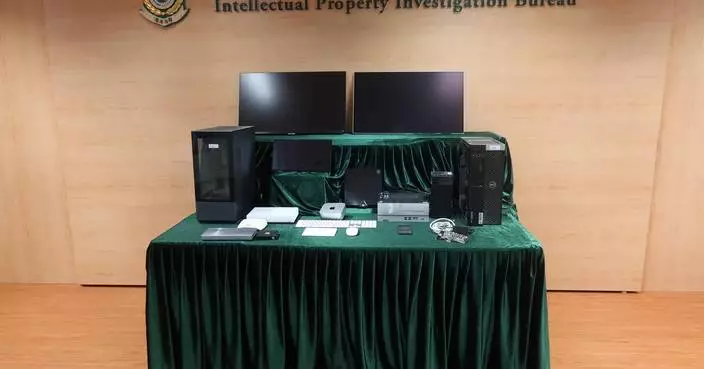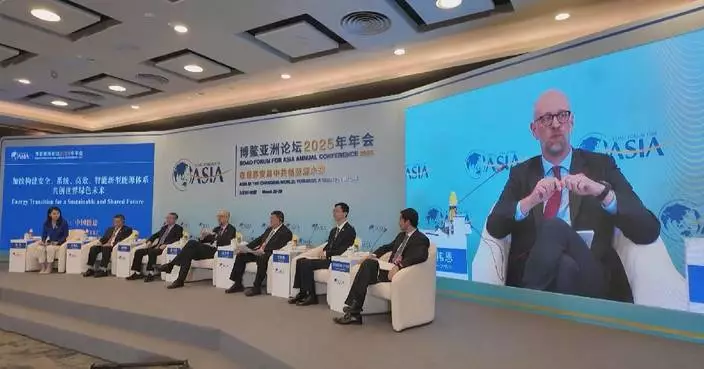Humanoid robots and artificial intelligence-powered home appliances took center stage at this weekend's Appliance and Electronics World Expo (AWE) in Shanghai, highlighting the potential of AI in consumer products and sparking conversations about the future of household tasks.
Among the major attractions was the Unitree G1, a humanoid robot standing nearly 1.3 meters tall and weighing 35 kilograms. The robot captured significant attention, leading visitors to imagine a future where humanoid robots play a central role in daily life.
"For example, [humanoid robots could] assist with simple outdoor tasks, like picking up takeout or receiving a package. Indoors, it could help with sweeping and mopping," said one audience member, said one audience member, sharing his vision for the future of household robots.
However, experts cautioned that humanoid robots remain focused on "motion performance," with most applications still in research and development. Widespread deployment for household chores is still years away.
"Battery life is a crucial factor, and the most important consideration is price—achieving cost advantages through volume. It may take several years to transition from industrial to domestic environments before robots can effectively assist with tasks like cleaning, folding clothes, and even elderly care," said Zheng Shaojue, head of Consumer Goods Channel Sales at Unitree Robotics.
While humanoid robots are in the early stages of development, AI is rapidly making its way into consumer products. From large appliances like air conditioners to small devices such as smartphones, AI is becoming increasingly integrated into everyday products.
At Huawei's booth, visitors used voice commands to adjust TV settings, while a new "AI movie search" feature allowed users to discover films with minimal clues like plot, characters, or even popular references.
This shift towards AI is driving greater market opportunities, with faster product development and increased production capabilities in the smart home sector.
China's smart home market is projected to reach 952.3 billion yuan (over 131 billion U.S. dollars) this year, with AI applications expected to account for more than 50 percent of the market.
The three-day AWE event wrapped up on Sunday, leaving many eager to see how rapidly smart home products will continue to evolve.
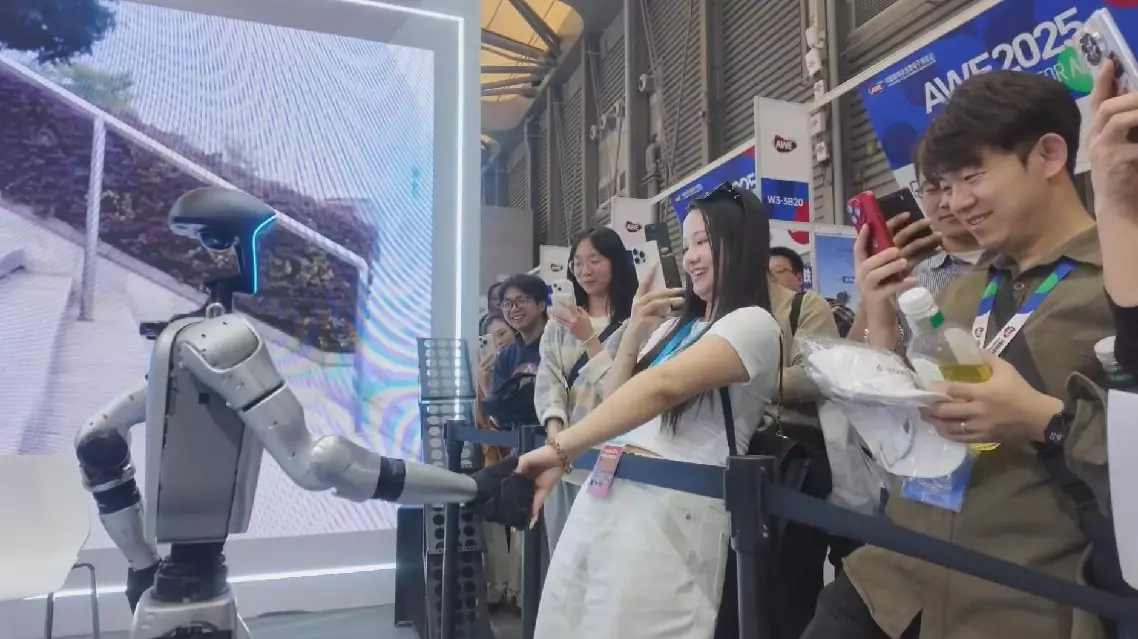
Glimpse into robotic future of home appliances offered at expo in Shanghai


